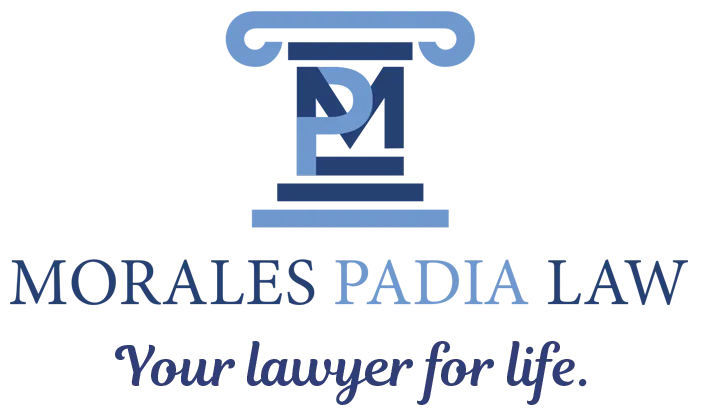Understanding Trusts in Estate Planning
Secure Your Assets and Protect Your Legacy
What is a Trust in Estate Planning?
A trust is a legal arrangement where a trustee holds and manages assets for the benefit of designated beneficiaries. Trusts help in avoiding probate, protecting assets, and ensuring efficient distribution according to your wishes.
Types of Trusts
Revocable Living Trust
Can be modified or revoked during the grantor's lifetime. This flexible option allows you to maintain control over your assets while providing seamless transfer to beneficiaries upon your death, avoiding probate court proceedings.
Irrevocable Trust
Cannot be changed once established, often used for tax and asset protection benefits. While less flexible, irrevocable trusts offer superior protection from creditors and can provide significant tax advantages for larger estates.
Testamentary Trust
Created through a will and becomes effective after the grantor's death. This type of trust is ideal for providing ongoing financial management for minor children or beneficiaries who may need structured distributions.
Common Family Scenario
One common case in estate planning is when a parent with multiple children passes away without a trust in place.
This often leads to disputes among siblings over asset distribution. In some cases, one child may feel entitled to more than the others, or disagreements may arise about selling the family home.
By setting up a trust, the parent ensures that assets are distributed fairly and according to their wishes, preventing legal battles and family conflicts. The trust provides clear instructions and professional management, removing emotional decision-making from the process.
Frequently Asked Questions
1. What are the benefits of having a trust?
Trusts offer numerous benefits including avoiding probate, maintaining privacy, providing tax advantages, protecting assets from creditors, and ensuring smooth asset transfer to beneficiaries. They also allow for professional management of assets and can provide for beneficiaries with special needs or spending concerns.
2. Do I still need a will if I have a trust?
Yes, you should still have a will even with a trust. A "pour-over will" works with your trust to catch any assets that weren't transferred to the trust during your lifetime. The will also allows you to name guardians for minor children and handle other important matters that a trust cannot address.
3. How do I set up a trust?
Setting up a trust involves several steps: determining the type of trust that best fits your needs, drafting the trust document, funding the trust by transferring assets, and naming trustees and beneficiaries. It's essential to work with an experienced estate planning attorney to ensure your trust is properly structured and legally compliant.
Want to work with us?
Estate planning can be complex, but you don't have to navigate it alone. Our experienced attorneys at Morales Padia Law are here to guide you through every step of the process, ensuring your assets are protected and your family's future is secure.
Contact UsRelated Estate Planning Services
Want to work with us?
Estate planning can be complex, but you don’t have to navigate it alone. Our experienced attorneys at Morales Padia Law are here to guide you through every step of the process, ensuring your assets are protected and your family’s future is secure. If you’re ready to take the next step in securing your legacy, contact us today to schedule a consultation.


Instagram
Facebook
Youtube
LinkedIn
TikTok